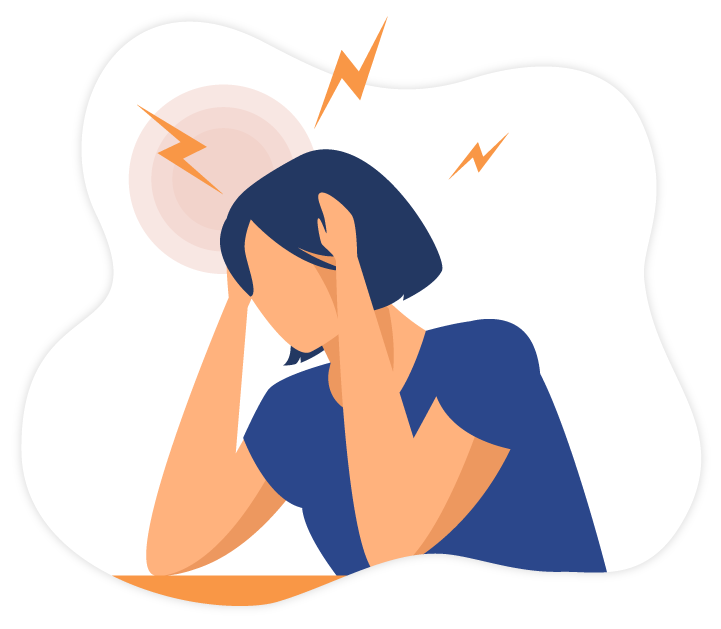Understanding Their Differences
What is Vertigo or Vestibular Headaches?
Sufferers of cervical vertigo headaches, or vestibular migraines, can experience significant instability. The condition affects the sensory system that aids in balance and spatial orientation within our body; everything from maintaining posture to keeping the head stabilised during movement.
It is essential to recognise that vestibular disorders can originate not only within the vestibular system, but also from disturbances in the nerves located above and below it. Even those with healthy functioning of their vestibular systems may still suffer from vertigo headaches and migraines due to external disruptions to the nerves located above or below the vestibular system, which can interfere with the signalling processes that support a balanced equilibrium.
Cervical Vertigo or vestibular headaches are a type of headache disorder caused by abnormal activity in the inner ear. They can present with a variety of symptoms, such as dizziness, vertigo, nausea, and balance problems. If you have these symptoms along with head pain, it is important to receive a diagnosis from your healthcare provider to properly manage the condition.
Our Vertigo treatment is non-medical and non-invasive and is available in Sydney, Brisbane and the Gold Coast.








